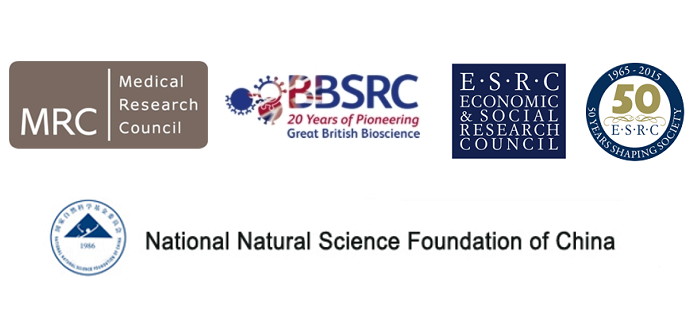Six new research partnerships have been created under a UK-China initiative to examine ways of tackling the rise of anti-microbial resistance (AMR).
Backed by a £4.5m investment from the UK’s MRC, BBSRC and ESRC research organisations and the National Natural Science Foundation of China (NSFC), the new partnerships will enable researchers from six UK centres of excellence to work with their counterparts in China to “help stop the growing global burden posed by AMR”. This follows the original unveiling of a joint AMR plan in October last year.
“The growing resistance of micro-organisms to antimicrobial therapies such as antibiotics is a public health issue of global importance and it requires an urgent global response,” said MRC’s head of international, Mark Palmer.
“The outcomes of these awards will benefit both the UK and China through the sharing of knowledge, and hopefully lead to significant impacts on health and policy.”
NSFC deputy director general, Prof. Lu Rongkai, added: “AMR is now widely recognised as one of the most serious global threats to human health in the 21st century. These jointly awarded grants are expected to both combat the problem in China and the UK and promote global progress in human public health science.”
One of six research projects, already named as part of the £4.5m development, will focus on an investigation of LA-MRSA in China and the UK. Work on this will be led by principal UK investigator Mark Holmes, from the University of Cambridge, operating in partnership with the principal Chinese investigator Rui Zhou, from Huazhong Agricultural University.


